How to Get a Malta Digital Nomad Visa in 2025
January 7, 2025
While digital nomads have existed since the 90s, Estonia was the first to roll out an official digital nomad visa for freelancers and remote workers. Since then, over 50 other countries have jumped on the bandwagon to cash in on the rising remote work trend and make up for the revenue lost due to the pandemic.
What makes a digital nomad visa so special? It’s because most tourist visas don’t allow you to work during your stay in the country.
In comparison, a digital nomad visa allows you to work remotely and is also valid for anextended period, usually up to a year or even more. Some even come with favourable taxexemptions – talk about the ultimate digital nomad experience.
Eager to become part of the digital nomad community?
Look no further than Nomad Capitalist. True to our name, we have helped many investors, entrepreneurs, and digital nomads go where they’re treated best.
Whether you’re interested in exploring the nomad lifestyle or applying for second residency programs, reach out to us , and we would love to make that happen for you.
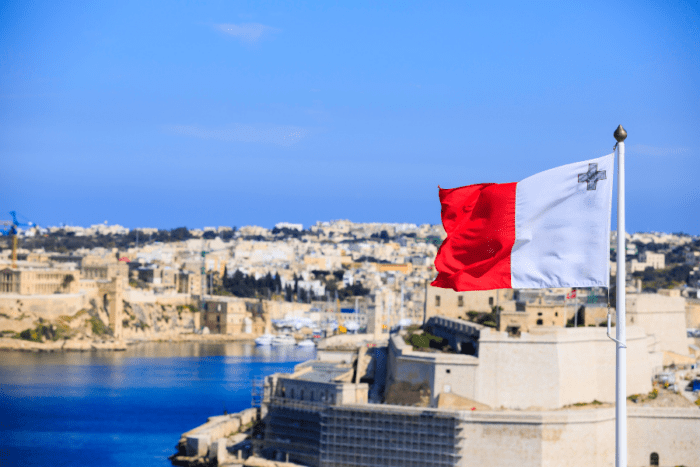
Malta – Country Overview
Situated in the Mediterranean Sea between Sicily and Tunisia, Malta comprises three major islands – Malta, Gozo and Comino. The capital is Valletta, and the current population of Malta is 532,956. The official languages are Maltese and English.
Malta claimed independence from Britain in 1964. It was accepted into the European Union in 2004 and adopted the Euro in 2008. Malta is also part of the Schengen area.
Malta is famous for its incredible landscapes, fascinating military history, and stunning churches.
The country is well-connected to the rest of the world – practically a stone’s throw away from Europe, North Africa, and the Middle East.
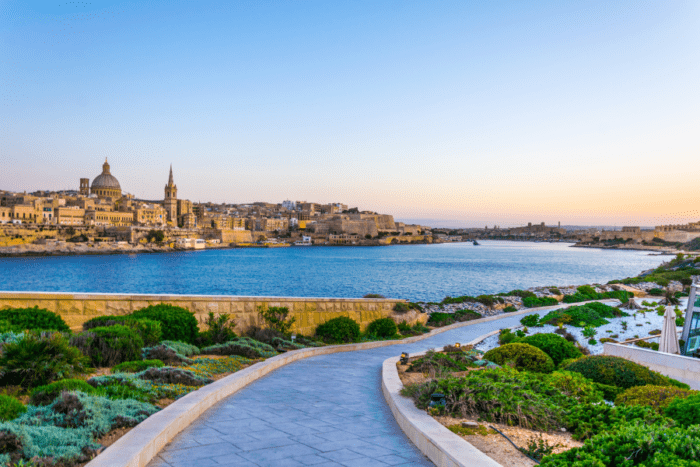
What is Malta Digital Nomad Visa?
Malta introduced its digital nomad visa, the Nomad Residence Permit (NRP), in 2021, enabling remote workers and third-country nationals to legally reside in Malta while working remotely (for foreign employees). The Residency Malta Agency regulates the permit.
As part of the Schengen area, Malta already hosts digital nomads from all over the EU, seeking Malta’s excellent year-round sun, high-speed internet connectivity, diverse community and excellent living standards.
The Nomad Residence Permit is issued for one year. However, you can apply to renew it if you still meet the eligibility criteria.
Who Qualifies for the Malta Digital Nomad Visa?
To meet the digital nomad visa Malta requirements, you must:
- Be aged 18 or above
- Be able to work remotely for an employer or company registered outside of Malta.
- Be a third-country national (an individual who would typically (but not necessarily) require a visa to travel to Malta.)
- Must have a minimum gross yearly income of €42,000 (monthly income of €3,500)
- Have a valid travel document.
- Have a valid property rental/purchase agreement.
- Have a valid health insurance policy.
Moreover, you must fall under one of the following categories:
- Employed: Work for an employer registered in a foreign country. Must demonstrate a contract of employment.
- Self-Employed: Conduct business activities for a company registered in a foreign country and of which you are a partner/shareholder.
- Freelance: Offer contractual freelance/consulting services to clients who permanently reside in a foreign country.
Please note that if a foreign company contracts you to give services to the company’s Maltese subsidiary, you are not eligible for the Nomad Residence Permit.
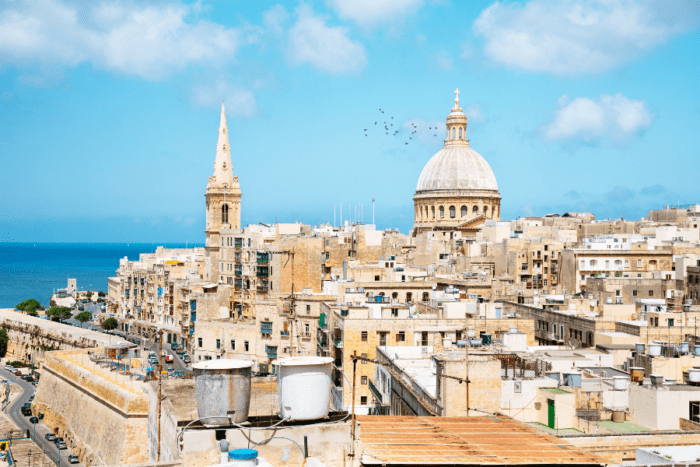
Documents Required For Malta Digital Nomad Visa Application
Your application for the Maltese Digital Nomad Visa must be accompanied by the documents mentioned below:
- Passport
- Letter of intent
- In the case of employment: Contract of employment
- In the case of self-employment: Bank statement, certificate of incorporation, and share register
- In the case of freelancing: A service contract
- Health declaration
- Marriage and birth certificates
- CV / Resume
- Bank statement
Once your application is approved, you’ll be asked to submit the following documents:
- Proof of accommodation
- Health Insurance
- Travel Insurance
The lists of documents mentioned above are not exhaustive, and the Residency Malta Agency may require additional documents at any point in the application process.
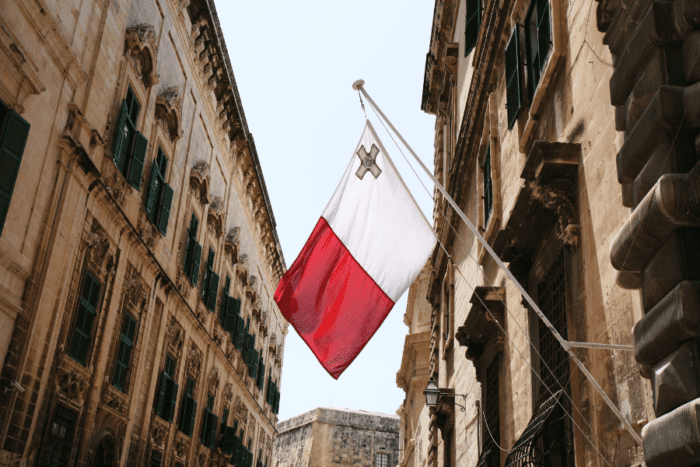
Digital Nomad Malta Visa Application Process
According to the official site of the Residency Malta Agency , the Malta visa application process goes as follows:
- Gather Documents
First, you must gather all the required documents for the NRP process.
The Residency Malta Agency’s site lists an exhaustive checklist of all the documents an applicant must submit before and after the approval of the application.
- Submit Application
The application process is entirely online. Once you fill out the application form, it should be sent to the relevant authorities via email, along with the supporting documents.
Your application will be checked to ensure that the necessary documents have been submitted. Then, a receipt will be issued with instructions for payment of a €300 non-refundable fee.
The main applicant must make the payment through their account. Once the payment is received, your application will be off for review.
- Application Review
The application review process is expected to take 30 working days, during which Residency Malta will conduct thorough background checks.
- Pick Up Your NRP
Once your application is accepted, you will be issued a letter of approval in principle. Afterwards, you’ll need to submit proof of accommodation and a health insurance policy within 30 working days from the date you’ve received the letter.
Once the above is finalised, a letter of final approval is issued.
The residence card is issued within two to three weeks. Once issued, you will be notified via email and requested to pick up the NRP in person from Residency Malta’s offices.
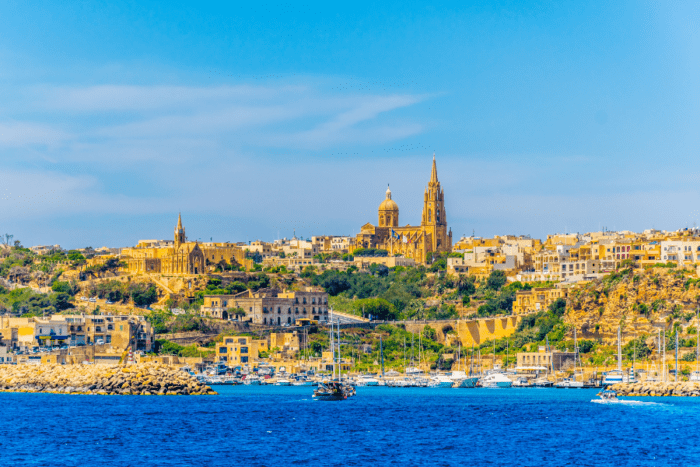
Benefits of Acquiring a Malta Digital Nomad Visa
Tax-Friendly Environment
Usually, European countries as liveable as Malta offer little ease regarding taxes. However, as a Nomad Residence Permit holder, you will not be subjected to Maltese income tax as long as you’re paying taxes elsewhere. Consumption taxes will still apply.
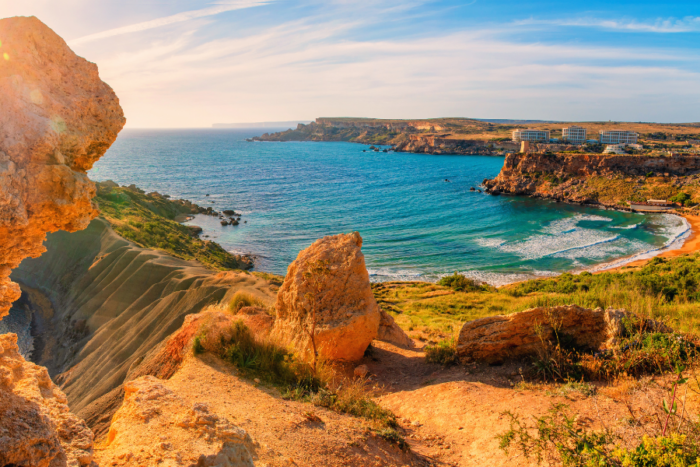
Travel Freedom
Nomad Residence Permit holders can enjoy visa-free travel to the entire EU Schengen area for 90 days in a 180-day period. Such excellent travel freedom is a huge selling point for third-country nationals.
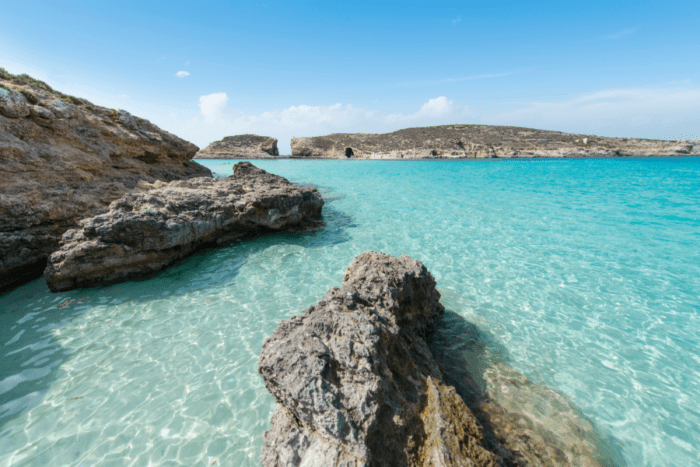
Thriving Nomad Community
Malta was one of the first EU countries to have a nationwide 5G mobile internet service, making it an excellent spot for digital nomads. Moreover, the country is famous for its excellent year- round weather, rich history and thriving culture.
How to Get Malta Digital Nomad Visa in 2025: FAQs
Yes. To acquire the digital nomad visa in Malta, you must pay the following:
● €300 – a non-refundable application fee per person
● €27.50 – for residency card issuance per person
● €300 – for a Premium Visa (if applicable).
The digital nomad Malta residence permit is initially issued for one year. You can only renew the permit twice, for a maximum of three years. Permits are issued and renewed at the discretion of the Residency Malta Agency.
You, as the main applicant, can include the following family members in your Malta digital nomad visa application:
● Your spouse
● Your minor children
● Your adult unmarried children (who are primarily dependent on you)
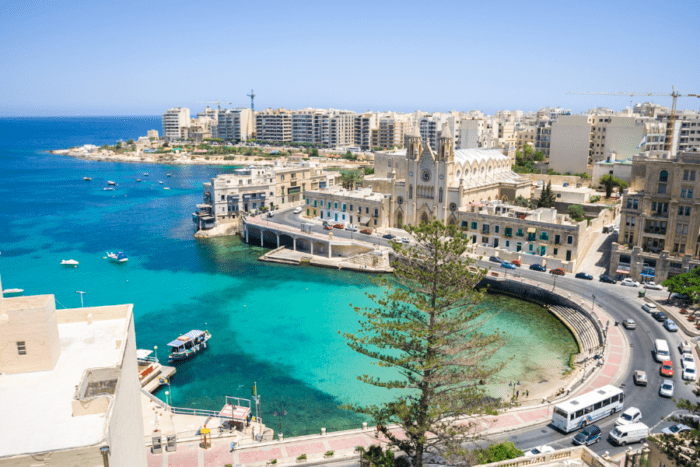
Should You Consider Malta?
Malta is not a new name in the residency and citizenship by investment (RCBI) world.
Bear in mind that the old Malta Citizenship-by-Investment program has ended, replaced largely by the new MEIN (Citizenship by Naturalisation for Exceptional Services by Direct Investment) program.
What hasn’t changed is the high living standard on offer, excellent business environment, and thriving opportunities.
With its digital nomad visa, Malta offers a fraction of those privileges to digital nomads looking to live there for up to one year.
A Maltese digital nomad visa can be an excellent way to check out the country before committing to living there.
For example, you might be interested in its citizenship by investment program. If you’re not interested in second citizenship (yet), it still is an excellent European base from which to work since it provides everything a modern-day digital nomad would want.
If Malta and its residency or citizenship programs interest you, get in touch with us today. We’ll help you get started and support you on the rest of your journey so you can sit back and enjoy your new and exciting life.


How to Get UAE Citizenship – The Complete Guide
Sovereignty – both national and personal – shapes ambition, secures wealth, and defines status in a shifting global order. For the high-achieving global citizen, acquiring a second or even third passport is more than a lifestyle upgrade; it’s a strategic move in long-term financial and geopolitical positioning. But not all citizenships are created equal – […]
Read more

A Gateway to Central Asia: New Kazakhstan Golden Visa Program for 2025
Central Asia just raised the stakes in the golden visa game. In May 2025, Kazakhstan officially launched a 10-year Golden Visa program in an ambitious move to position the country as a serious contender in the global investor migration space. At a time when other international regions are rolling back their citizenship and residency options, […]
Read more

Top Countries Offering Golden Visas in 2025
Residency is no longer about lifestyle – it’s about leverage In an increasingly unpredictable world, Golden Visas offer something most governments can’t: certainty in exchange for capital. They are more than migration tools; they are strategic safeguards offering residence rights, future citizenship, global mobility, and access to tax-friendly jurisdictions. For investors, entrepreneurs and globally minded […]
Read more





